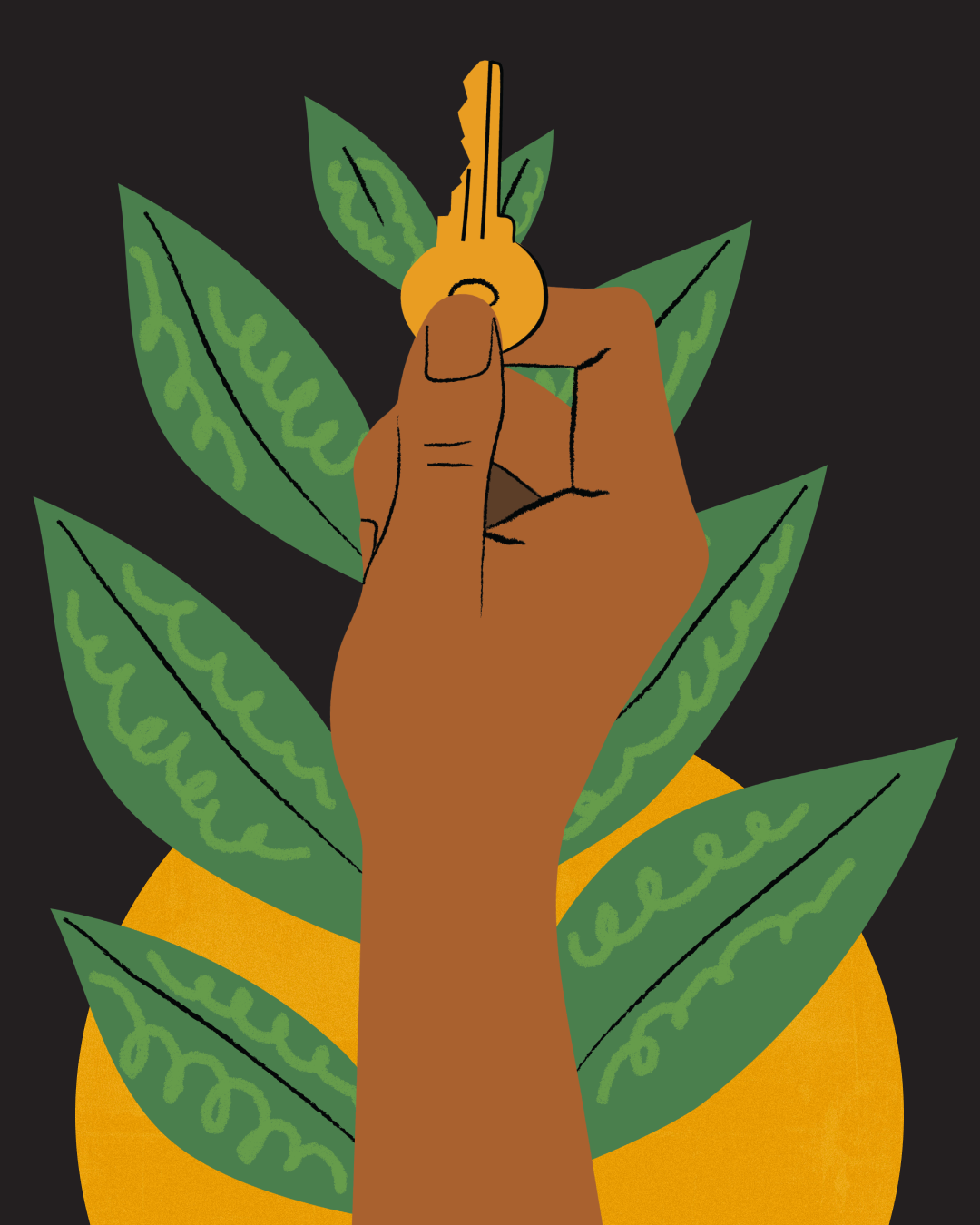How Communities Are Rewriting the Rules of Ownership
Authors: Common Future



Moderator: Sandhya Nakhasi, Common Future Co-CEO

Panelist: Jennifer Njuguna, Common Future, CO-CEO

Panelist: Marissa Guananja,
VP Impact Initiatives, Common Future

Panelist: Dr. LesLeigh D. Ford,
Associate Director & Practice Area Lead, Center for Equity & Community Impact, Urban Institute

Panelist: Bree Jones,
Founder, Parity Homes
Ownership has long symbolized security and the chance to build a better future. Yet for many, the reality falls short. Families are losing homes in neighborhoods they helped build. Small businesses shutter as rents soar and investors reshape entire blocks. Despite hard work, saving for a down payment or growing a business feels out of reach. Traditional ideas about who succeeds—and how—have left entire neighborhoods locked out, rewarding the few over the many.
What if we could redefine what ownership looks like, and, with it, our vision of economic success? Imagine models built not for rapid returns, but for stability, belonging, and resilience—where communities build prosperity together and protect gains for the next generation.
In our recent Redefining Risk in the Ownership Economy panel, we brought together leaders from across our network and beyond to challenge the old playbook. Panelists included Common Future’s Jennifer Njuguna and Marissa Guananja, Bree Jones of Parity Homes in Baltimore, and Dr. LesLeigh Ford of the Urban Institute. Their experiences, from neighbors reclaiming abandoned homes to entrepreneurs rewriting ownership models and advocates shaping new policies, show how communities can move beyond fragile access and fleeting gains to use ownership as a tool for long-term strength and possibility.
Watch the full conversation below, or read on for the most actionable lessons from the panel.
1. Ownership Requires Both Access and Protection
True progress comes when we address not only who gets to own, but also the enduring barriers that threaten ownership—historical inequities, discriminatory policies, land loss, and predatory practices. Effective policy must open pathways to ownership and actively safeguard assets, ensuring families and communities can build and keep wealth across generations.
“It’s critical we design policies that not only enable wealth building, but also protect it—from equity stripping, land loss, and the erosion of hard-fought gains. Enforcement at every level matters.” — LesLeigh Ford
2. True Ownership Means Belonging and Self-Determination
Ownership transcends assets—it’s about belonging, autonomy, and the power for communities to define their own futures. When communities move from being consulted to being true decision-makers with real authority over assets and outcomes, ownership becomes a pathway to genuine self-determination. Structures like land trusts, co-ops, and shared equity models must put real equity and governance in community hands, ensuring investments reflect residents’ needs, histories, and visions.
“This isn’t just about ownership for ownership’s sake. It’s about who gets to belong and have choice and freedom in our society through the pathway of ownership.” — Jennifer Njuguna
3. Redefine Success: Beyond Personal Profit to Collective Well-Being
Ownership should move beyond individual profit to prioritize the well-being of families and communities. By embedding mutual responsibility and benefit into ownership models, we can ensure that wealth circulates locally, creating lasting opportunity and security for generations. Celebrating and adopting regenerative models—like shared equity and community benefit agreements—shifts the focus from extraction to shared prosperity and a pay-it-forward ethos.
“If we believe ownership is about maximizing profits for the owner, we’ll keep reproducing extractive logics. But if we move toward shared prosperity, what we measure as success shifts—and so does our impact.” — Marissa Guananja
4. Resilience Grows From Deep Connection
Enduring ownership is built on deep relationships—among people, and between people and place. Shared learning, mutual support, and collective organizing create the resilience communities need to hold onto gains through adversity. Just as importantly, culture and narrative shape what’s possible: when communities reclaim their stories and values, they lay the foundation for policies and institutions that truly reflect their vision and dignity. Lasting change happens when strong relationships and cultural shifts go hand in hand with policy.
“If we can create intentional communities where people are deeply connected to place and one another—and taught how to self-organize—we build the roots for real resilience.” — Bree Jones
5. Balance Urgency With Endurance—Celebrate Small Wins, Build for the Long Term
Communities need both immediate progress and sustained investment to achieve lasting change. Creative financial tools and visible small wins build momentum and confidence, while a long-term, multi-faceted approach ensures generational stability and resilience. Every small victory, no matter how modest, contributes to collective progress and lays the foundation for broader transformation.
“We have to continue to take a long-term view and really see all the ways in which ownership gains are made and then undone, and then really design for that… There is no single tool that is going to be the solution. It’s going to take a variety of different tools, capital investments, community infrastructure, collaborative efforts, government support, legal tools, and also just a recognition of the value that already exists in the communities.” — Jennifer Njuguna
These five insights offer more than a critique of the status quo—they outline a practical and hopeful roadmap for anyone invested in a fairer, stronger future. The conversation made clear: real, lasting prosperity is possible when we redefine ownership as a source of shared resilience, not just rapid returns. When we anchor our systems in trust, accountability, and community benefit, we create conditions where neighborhoods can weather disruption, families can build for the next generation, and opportunity becomes a reality for many—not just a privilege for a few.
Change will not happen overnight, and the challenges are real. But as these panelists and communities across the country have shown, it is possible to break old cycles and build new foundations—one policy, one partnership, one shared investment at a time. The path forward calls for imagination, collaboration, and a willingness to measure success in new, more inclusive ways.
Whether you’re a policymaker, funder, organizer, or neighbor, the opportunity—and the responsibility—to help rewrite the rules of ownership belongs to all of us. The blueprint is here. The next chapter starts now.


